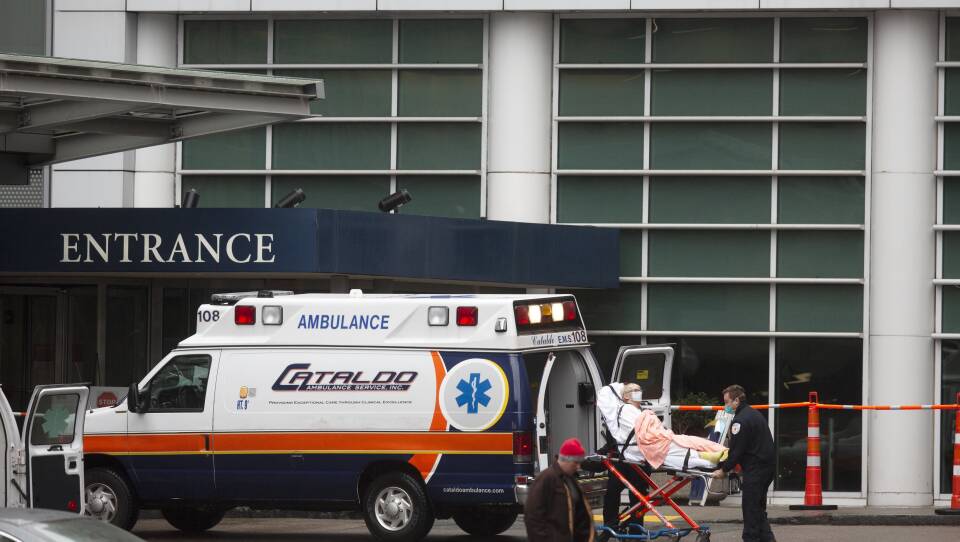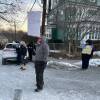Updated at 6:19 a.m. on March 10
Two years after former Boston Mayor Marty Walsh declared a public health emergency in response to the COVID-19 pandemic, Boston’s public health agency voted unanimously to drop the declaration as of April 1.
The Boston Public Health Commission’s decision comes as COVID-19 cases and hospitalizations declined to new lows, and is a dramatic change from the increased restrictions ordered during the surge in cases fueled by the Omicron variant in early January. It also follows moves by Mayor Michelle Wu in recent days to drop key proof-of-vaccination and mask mandates . While the commission stopped short of recommending that the indoor mask mandate in Boston Public Schools be rescinded, it set a threshold for when that might happen.
“In making this determination, I really just want to emphasize for the board and for members of the public that the COVID-19 pandemic and our response and surveillance efforts must continue and they will continue,” said BPHC director Dr. Bisola Ojikutu.
Ojikutu stressed that the BPHC will continue to monitor any trends in different metrics, such as virus levels detected in wastewater and case rates, adding that BPHC will change its guidance if circumstances change. She also said that, given the unpredictability of the SARS-COV-2 virus, the commission is actively planning for future surges.
The state of emergency had given the commission expanded powers, including “the authority to implement any and all measures and recommendations for the prevention and control of COVID-19 as circumstances may require.”
While most citywide COVID-19 restrictions are being scaled back, a mask mandate remains in effect in Boston Public Schools. Dr. Sarimer Sánchez, the director of the BPHC’s infectious disease bureau, told the commission that she recommends that BPS waits until the city's overall daily infection rate falls below a threshold of 10 cases per 100,000 people before dropping the mask mandate. She noted that Boston's current rate is 13 cases per 100,000 people.
Jessica Tang, the president of the Boston Teachers Union, told GBH News Wednesday night that the union “continue[s] to support science and data-backed decision making.”
Still, the latest data from BPHC continues to show sharp disparities across Boston’s neighborhoods. While some areas have high rates of full vaccination for 5-11 year olds — West Roxbury, Jamaica Plain and the South End are all over 70% — others are struggling, with Hyde Park, Mattapan, parts of Dorchester, Roxbury and Fenway all at roughly 33% or lower.









